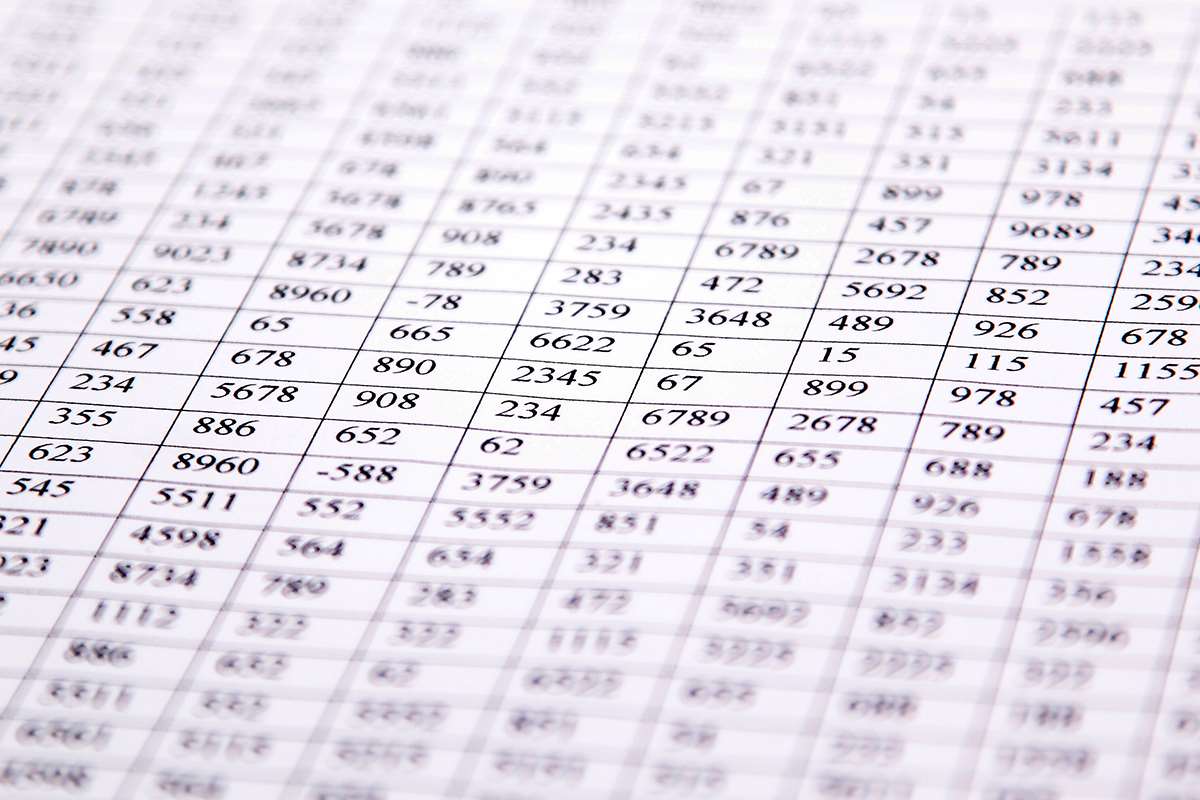
In order to have a viable and valuable company, revenues must exceed expenses. Revenue, also called income, is any money earned by your business either through products sold or services rendered. These are the obligations and debts owed by your business, like accounts payable (A/P), such as your accounts payable (A/P) and any loans your business owes. Let’s get right to demystifying the differences – and similarities – between a bookkeeper and accountant. To get started, here are some useful tips on how you can learn bookkeeping at home.

What to Know Before Hiring A Virtual Bookkeeper
Becoming an accountant usually requires more training and education than bookkeeping and can be a good next step in your financial career. Single-entry bookkeeping records all transactions in just one row. Typically, single entry bookkeeping is suitable for keeping track of cash, taxable income, and tax deductible expenses. At the end of every pay period, the bookkeeper will accumulate employee is being a bookkeeper hard payroll details that include hours worked and rates.
- These transactions are first recorded as general ledger, which are later used while preparing a balance sheet.
- You should also browse the chart of accounts and make sure it’s organized in a way that makes sense for your business.
- If you use cash accounting, you record your transaction when cash changes hands.
- This depends on how many days per week you can work and how quick you are at your job.
Choose An Accounting Method
This could range from paying employees or purchasing supplies for ledger account your office. Managing transactions is a big part of any daily bookkeeping routine. It includes importing and categorizing transactions properly, reconciling these transactions and making sure they’re recorded according to your entry system and accounting method. They also reconcile accounts, manage payroll, and help with taxes.
Bookkeeping For Beginners: How To Start A Business (Without Experience!)
- The major reports to include are the profit and loss, the balance sheet, and a cash flow analysis.
- You can expect most bookkeepers to maintain the general ledger and accounts while the accountant is there to create and interpret more complex financial statements.
- Without it, it’s nearly impossible to produce an accurate record of financial transactions that affect everything, from profit to equity to payroll, and more.
- In order to have a viable and valuable company, revenues must exceed expenses.
- If the firm has taken on other investors, that is reflected here.
Financial accounts are grouped or categorized based on the nature of accounts or impact on the financial statements. This usually includes balance sheet accounts and income statement accounts. Bookkeeping is the process of tracking and recording a business’s financial transactions.

It’s wise to make and record sales transactions on time, every time, and allow the accounting system to use the payment terms to calculate customer receivable due dates. The calculated due dates will appear on sales invoices, so the customers can be informed of the expected payment deadline. Bookkeeping is different from accounting in that it is the critical first step in tracking Partnership Accounting all business activities. While bookkeeping provides oversight into each individual transaction (in order to catch discrepancies and correct mistakes), accounting provides a thorough analysis of these numbers. Equity is the investment a business owner, and any other investors, have in the firm. The equity accounts include all the claims the owners have against the company.

Useful Tips on Learning Bookkeeping at Home
The accounting period affects all aspects of the company’s finances, including taxes and analysis of your financial history. Bookkeeping is a process of recording and organizing all the business transactions that have occurred in the course of the business. Bookkeeping is an integral part of accounting and largely focuses on recording day-to-day financial transaction of the business.
- Consider using one of the best bookkeeping services to make managing your books a breeze.
- Although bookkeeping is an investment, it’s generally much more affordable than attempting to correct costly mistakes down the road.
- Let’s get right to demystifying the differences – and similarities – between a bookkeeper and accountant.
- They usually use accounting software and spreadsheets to track everything.
- The accountant also prepares year-end financial statements and the proper accounts for the firm.
- Perhaps you’re just starting out and are investing a lot into advertising.

Your accounting ledger serves as the hub for all your financial information—in particular, all your accounts and transactions. If you have accounting software, it will manage your ledger for you. QuickBooks Online users have year-round access to QuickBooks Live Expert Assisted to set up the software, then help manage finances. An accounting ledger is a book or system you use for recording and classifying financial transactions. It’s the foundation of any business’s financial recordkeeping.
Leave a Reply